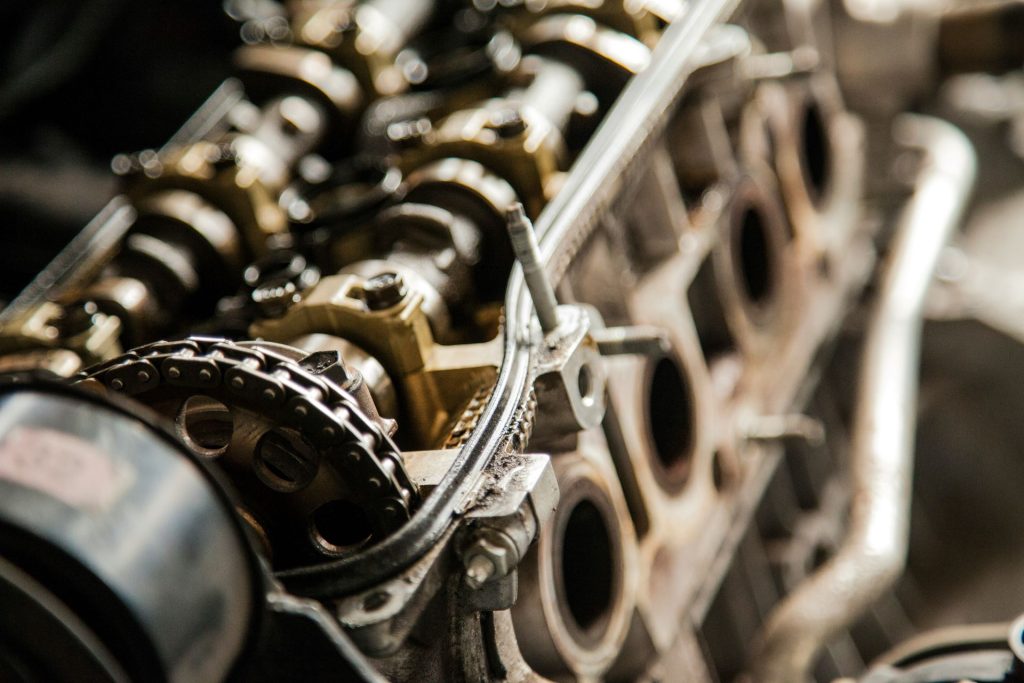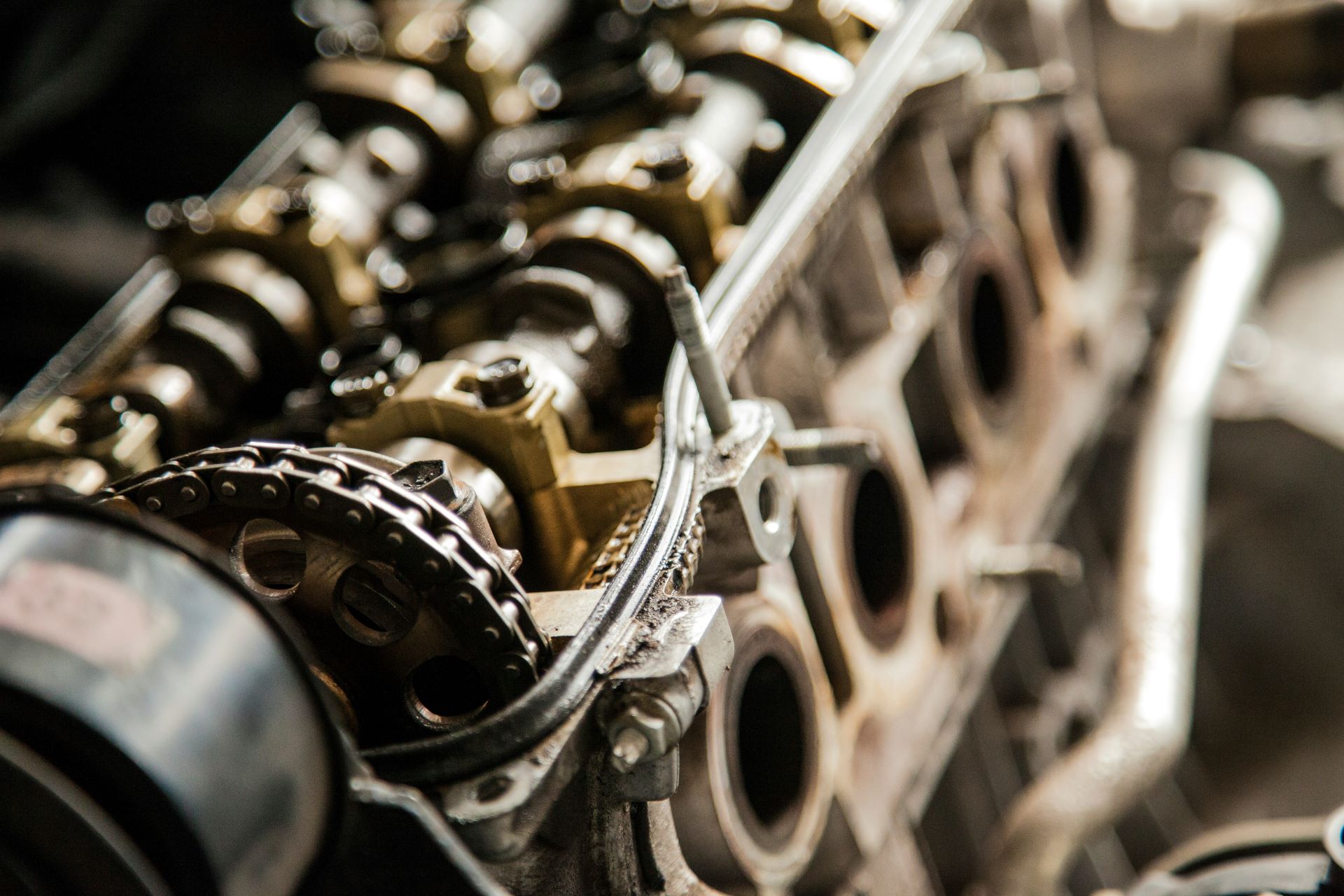The South African automotive aftermarket is a significant contributor to the country’s economy through the adoption of ‘circular economy’ practices, says Attie Serfontein, National Director of ARA (Automotive Remanufacturers’ Association).
It’s all about automotive remanufacturing – breathing new life into used vehicle parts as opposed to simply discarding them. Automotive remanufacturing is a circular economy in action, Serfontein says.
ARA, a proud association of the RMI (Retail Motor Industry Organisation), is a key player in promoting remanufacturing in South Africa, setting standards and encouraging ethical trading practices in the automotive aftermarket.
“Remanufacturing in our industry restores used vehicle parts, making them a viable alternative option to enhance the lifespan of your vehicle. The ‘circular economy’ is a revolutionary concept that seeks to redefine the way we produce, consume and reuse resources.
“By adopting circular economy practices, such as automotive component remanufacturing, the industry can reduce waste, create jobs and promote sustainable growth.
“ARA promotes the responsible reuse of remanufactured engine, driveline and brake components for a greener environment. Its members are dedicated to providing consumers with only the best advice, finest service delivery and highest quality workmanship.
This is leaps and bounds ahead of the wasteful traditional linear economy in which vehicle parts are discarded and replaced with new ones, which leads to massive amounts of waste and resource depletion.
Apart from the Earth, the consumer is also a winner in the industry’s practice of remanufacturing.
“Remanufacturing provides consumers with affordable and high-quality alternatives to new parts. These parts are often priced lower than new parts, which makes them an attractive option for consumers who want to maintain their vehicles without breaking the bank,” Serfontein says.

Also important for consumers to bear in mind is that remanufactured parts offer peace of mind as they come with a warranty.
Tie these advantages up with the fact that automotive remanufacturing also reduces greenhouse gas emissions in various ways and there is no doubt that the automotive sector is paving the way to a greener and more sustainable future.
Serfontein outlines the ways in which greenhouse gas emissions are reduced through remanufacturing:
- Reduced need for raw materials, which require energy to source and process.
- Reduced energy needed to manufacture a new part, as existing part cores are used.
- Reduced waste generated during production.
- Reduced carbon emissions generated by the remanufacturing process itself as opposed to traditional manufacturing.
“As industry leaders, RMI and ARA must continue to innovate and promote a circular economy through automotive remanufacturing, for the benefit of generations to come.
“We can all be custodians of our environment through this simple concept, in our homes and in our offices. Simply put, the circular economy is a model of production and consumption, which involves sharing, reusing, repairing, refurbishing and recycling existing materials and products as long as possible to extend their lifespan.
“When you are next shopping for vehicle parts, speak to your workshop professionals about their stance on remanufactured parts and their use. Be a proud ‘green’ consumer whose wheels are also doing their part for the planet,” Serfontein concludes.



